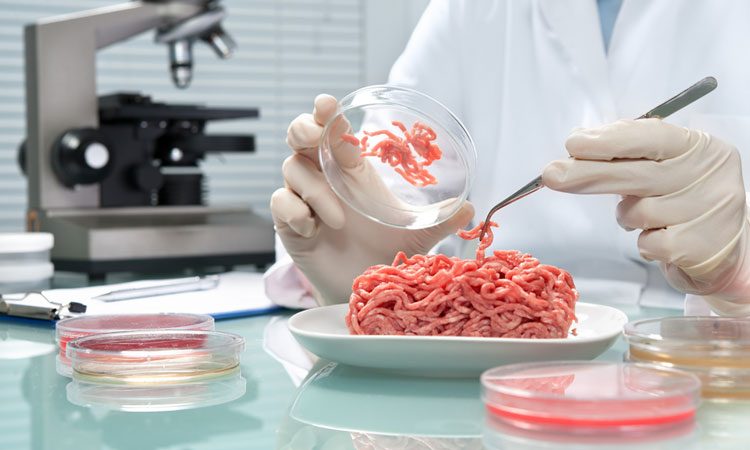FDA report first evidence of resistant E. coli in retail meat
- Like
- Digg
- Del
- Tumblr
- VKontakte
- Buffer
- Love This
- Odnoklassniki
- Meneame
- Blogger
- Amazon
- Yahoo Mail
- Gmail
- AOL
- Newsvine
- HackerNews
- Evernote
- MySpace
- Mail.ru
- Viadeo
- Line
- Comments
- Yummly
- SMS
- Viber
- Telegram
- Subscribe
- Skype
- Facebook Messenger
- Kakao
- LiveJournal
- Yammer
- Edgar
- Fintel
- Mix
- Instapaper
- Copy Link
Posted: 24 September 2018 | New Food | No comments yet
The US FDA has conducted a study identifying the presence of ESBL-producing E. coli in various meats and poultry available in retail stores.


A study using antimicrobial susceptibility testing and whole genome sequencing to test extended spectrum beta lactamase (ESBL) producing E. coli from cattle for food production found that they were all resistant to at least three antimicrobial classes.
The research team also carried out various types of CTX-M type ESBL genes which are increasingly common in clinical patients throughout the world. Their presence in food-producing animals and retail meat supplies could contribute to a greater incidence of infections.
Dr Daniel Tadesse from the US Food and Drug Administration, along with other colleagues from the FDA, Texas Tech University and the US Department of Agriculture coauthored the article.
The meat samples were collected by the National Antimicrobial Resistant Monitoring System (NARMS) and consisted of chicken breast, ground beef and ground turkey. The in vitro antimicrobial susceptibility testing was performed against a panel of 14 antimicrobials and 9 ß-lactam agents.
The team used whole genome sequencing to characterise the resistome, plasmids, and the genetic structures of the ESBL genes.
The researchers found that all ESBL-producing E.coli isolates were resistant to at least three antimicrobial classes.
ESBL-producing E. coli can be found ordinarily in the human bowel, however they can also cause very serious illnesses in humans. As these particular ones ere found to be resistant, it means that current antibiotics would not have any effect on them, and so infections caused by these bacteria can become difficult to treat. The infections can become serious, and could potentially be life-threatening.
Editor-in-Chief Dr Alexander Tomasz said: “This interesting and well-documented paper by Dr Daniel Tadesse and colleagues provides convincing and alarming evidence of the ‘arrival’ to the dining room table of meat products contaminated by multidrug resistant E. coli.
“This paper brings ‘home’ the seriousness of the issue of antimicrobial drug resistance.”
The study was published in Microbial Drug Resistance.
Related topics
Food Safety, Health & Nutrition, Quality analysis & quality control (QA/QC), The consumer








